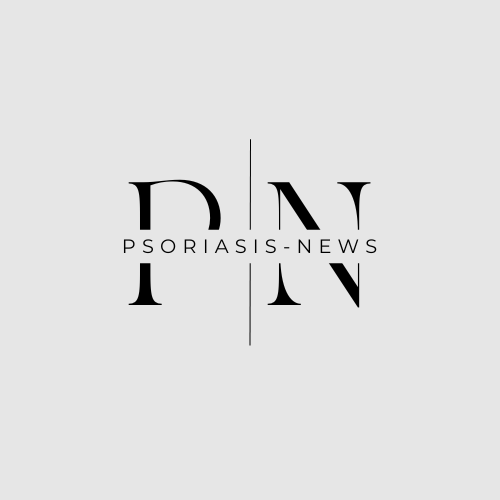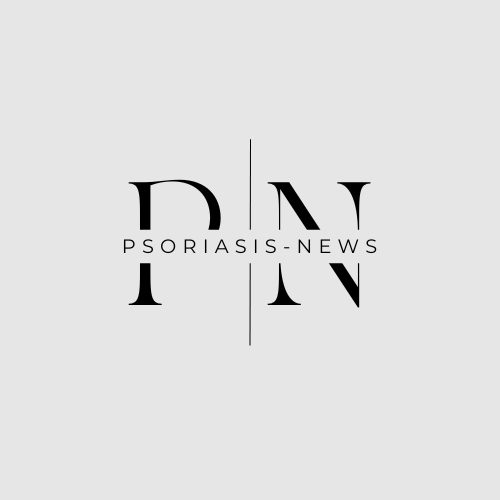J Invest Dermatol. 2024 Oct 9:S0022-202X(24)02180-8. doi: 10.1016/j.jid.2024.08.039. Online ahead of print.
ABSTRACT
Imaging Mass Cytometry (IMC) is a technology that enables comprehensive analysis of cellular phenotypes at the tissue level. We performed a multi-parameter characterization of structural and immune cell populations in psoriatic skin and synovial tissue samples aimed at characterizing immune cell differences in patients with psoriasis, psoriatic arthritis (PsA). A panel of 33 antibodies was used to stain selected immune and structural cell populations. IMC data were segmented into single cells based on combinations of antibody stains. Single cells were then clustered into cell categories based on pre-specified markers. The spatial relationships of different cell populations were assessed using neighborhood analysis. Among all cell types in the skin and synovium, lymphoid cells accounted for the most prevalent cell type. T cells and macrophages were the most prevalent immune cell type in the synovium and B cells and NK cells were also identified. Neighborhood analysis showed high correlation between synovial T cells, B cells, macrophages, dendritic cells and neutrophils suggesting spatial organization. Innate and adaptive immune cells can be reliably identified using IMC in skin and synovium. Inter-patient heterogeneity exists in tissue cell populations. IMC provides opportunities for exploring in depth underlying immunological mechanisms driving psoriasis and PsA.
PMID:39393504 | DOI:10.1016/j.jid.2024.08.039

